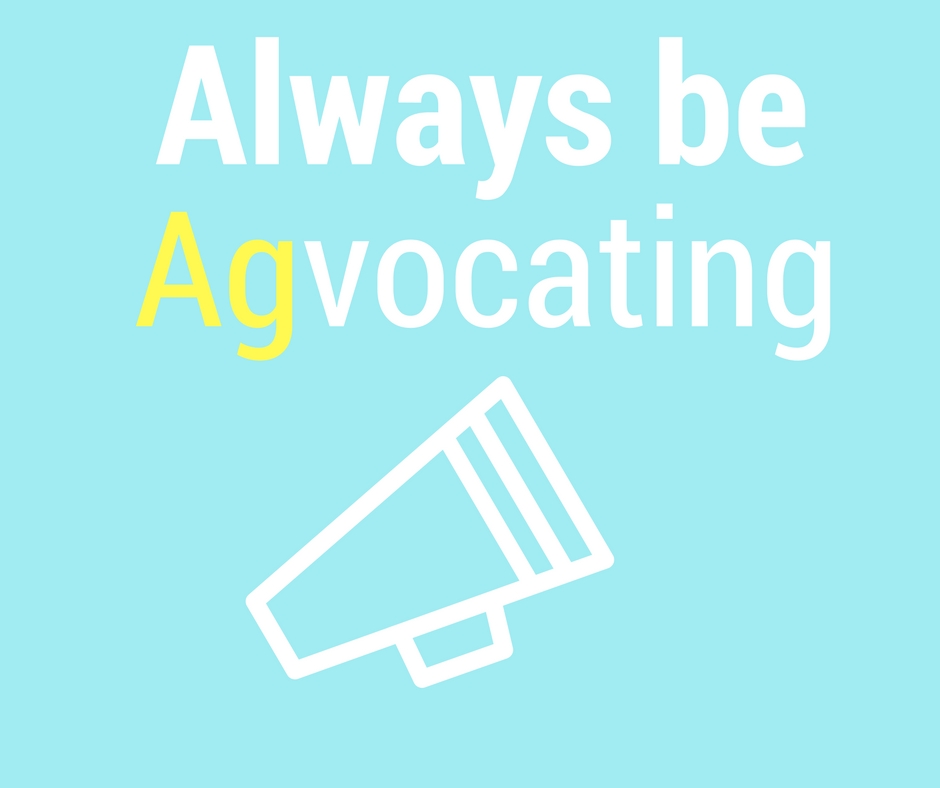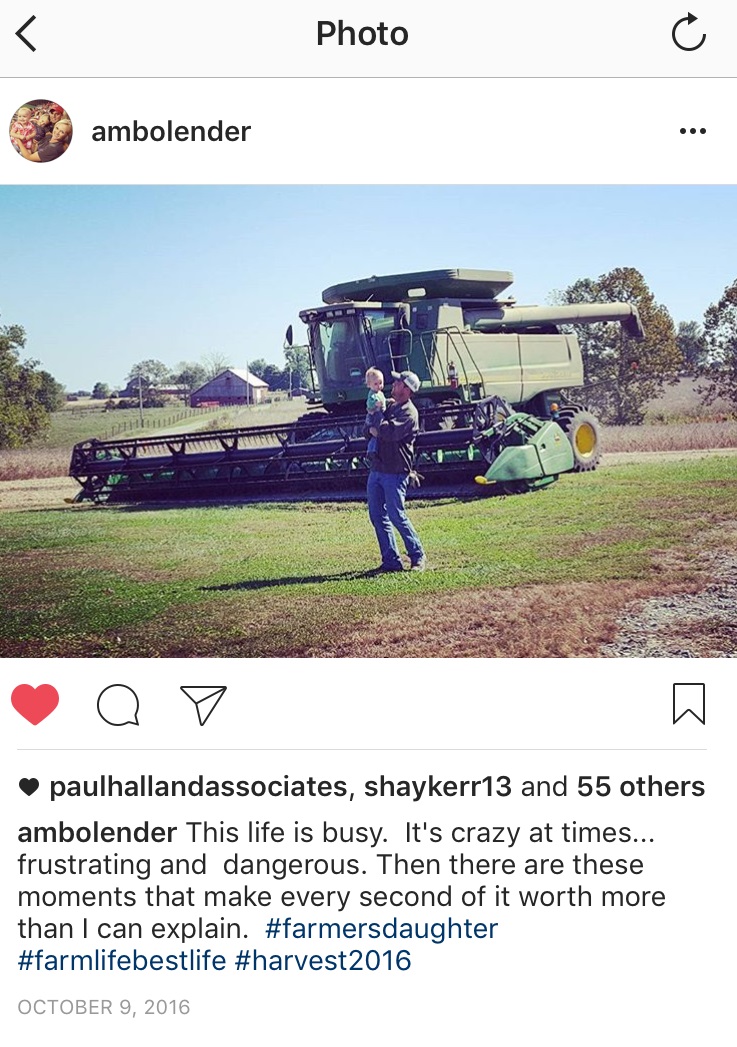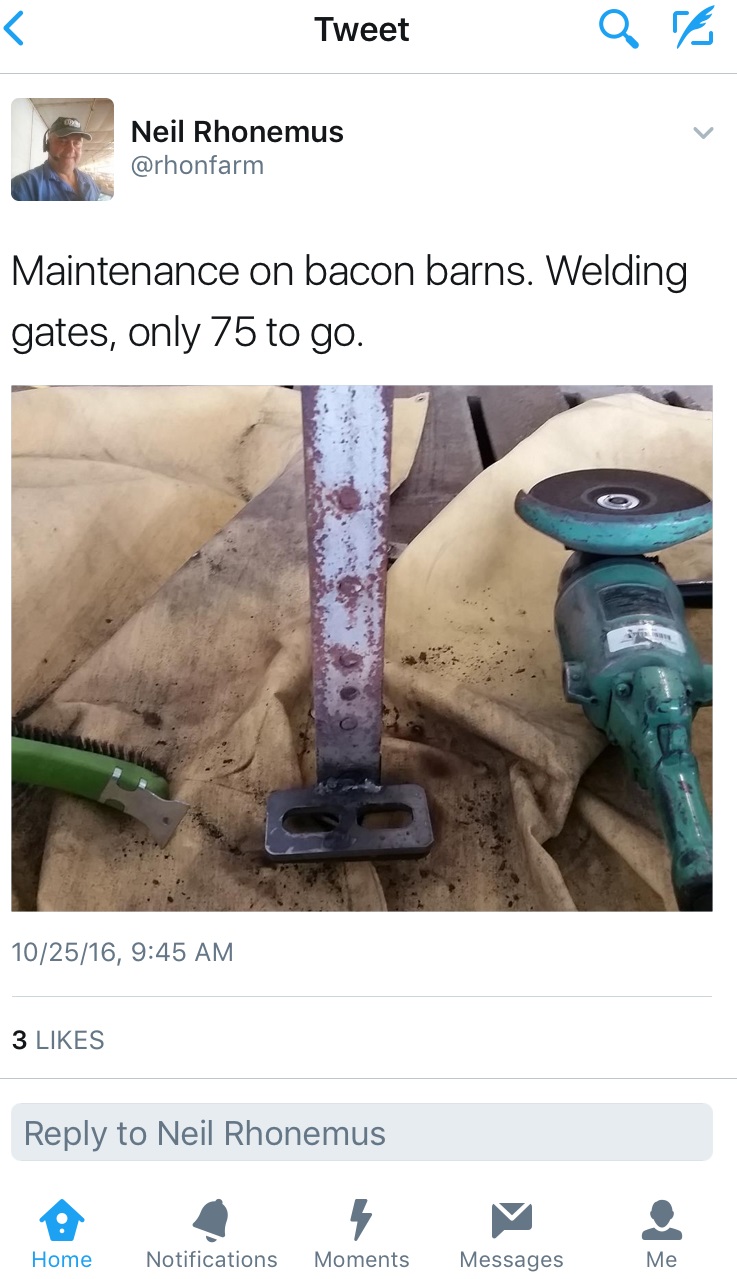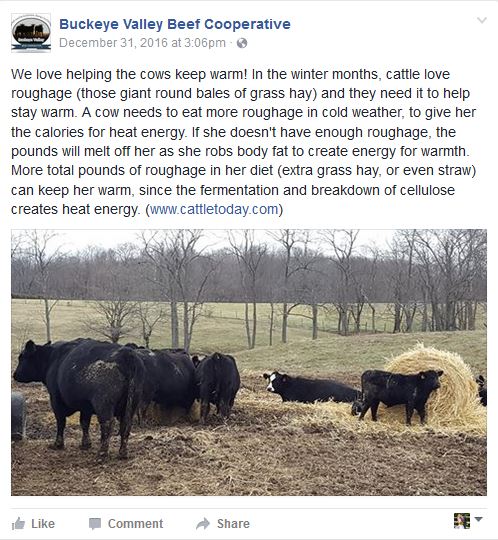
An advocate is a person who supports a particular case. Over the years the agriculture industry has put their own spin on this and coined the term agvocate. An agvocate is someone who promotes agriculture by using their voice to join in conversation to positively promote the agriculture industry.
In the world of the digital age, it incredibly easy to join in on conversations pertaining to agriculture topics. However, as with any topic, sometimes having constructive conversations isn’t always the case when confronting someone whose beliefs don’t align with your own.
Dr. Emily Buck, an associate professor of agriculture communications at the Ohio State University, suggests that in the agricultural industry we sometimes are afraid to share because we are afraid of the possible backlash we might receive.
“We cannot be afraid to show everything that we do,” said Buck. “Research shows that consumers want to see the true story, they don’t want things hidden from them.”
Buck, aside from teaching, lives on a farm in Marion County with her husband and daughter where they raise sheep and crops. She utilizes social media to share her farm’s story. While working on the farm, she takes photos to share on her social media. These photos are usually captioned with a description of what they are doing or are accompanied with an interesting fact to educate others on agriculture.
“Agriculture isn’t always pretty -- we can show a downed cow, that’s ok,” said Buck. “You explain why, you explain what you do, how you take care of it and what you’re are doing for that animal.”
For some, you may be hesitant to jump on the bandwagon of followers, likes, friends and Tweets. Buck tells agriculturalist to not be overwhelmed by all of the different social media sites and encourages them to pick one or two and do them well.
She also encourages them to think carefully about the message they want to share and personify on social media. It is important to decide if you want to share facts to educate others, share practices on your farm or if you’re goal is to sell a product. Once you decide your goals, then your post will come easily as they will follow that theme.

In Agriculture, we are noticing it becoming harder and harder to provide correct information about the agriculture industry due to outside forces. Sometimes, we find ourselves dealing with backlash and for that reason the questions arise on how to handle it.
According to Buck, there is a three contact approach to dealing with backlash. Step one is that the initial comment is made by the opposing side. Step two is your opportunity to come back with a comment. This comment is crucial and should either shed a positive light on the conversation at hand defending your practices, correcting them in a nice way or asking the individual what their experience is with that practice. You also have the opportunity to ask the individual to message you to further discuss the issue. In this comment, be sure to stay positive and never go negative with the individual. Step three, if they come back with another comment, be sure to take the conversation offline. Most importantly, you need to remember that others are watching this interaction. If you continue having a negative conversation with others this could possibly do more harm to your reputation online.
She says that promoting agriculture and your farm is all about building a community. A community not only allows you to reach more people but when circumstances arise they will come to bat for you and support you.
There are many agricultural communities to be a part of, especially at a local, state and national level. Think about joining your local Farm Bureau or Women in Ag group. But, don’t forget to think outside of the agriculture industry. Your impact can be much larger if you step outside of the agriculture industry and provide educational information to those who are not involved in the industry.
Another key insight to consider when posting online is thinking carefully about the post you share. We have all seen a post or two about the mishaps of agriculture. Usually, this is produced by an extremist group who does not agree with the practices inside the agricultural industry. In this situation many think the right thing to do is to share that post. But in reality, by sharing that post all we are doing is helping that post reach more people and have larger impact. Not everyone is going to read your comment defending agriculture, but what they are going to see and remember is the anti-agriculture picture or article.
As agriculturalist, we hope that we have done our jobs and that the public is educated fully on agriculture, but this is not the case. For the average individual who is not associated with agriculture, that anti-agriculture post will make or break their association with agriculture and will put a sense of distrust with the industry in their mind.

Being an agvocate is much more than just joining in on our conversation about agriculture. It is truly about educating, informing and being a positive voice for the industry. It is our job to protect the integrity and job of the American farmer and by doing so we will be able to educate people who are removed from the farm and the agriculture industry.
Remember to Always Be Advocating!
By: Elizabeth Overholt
